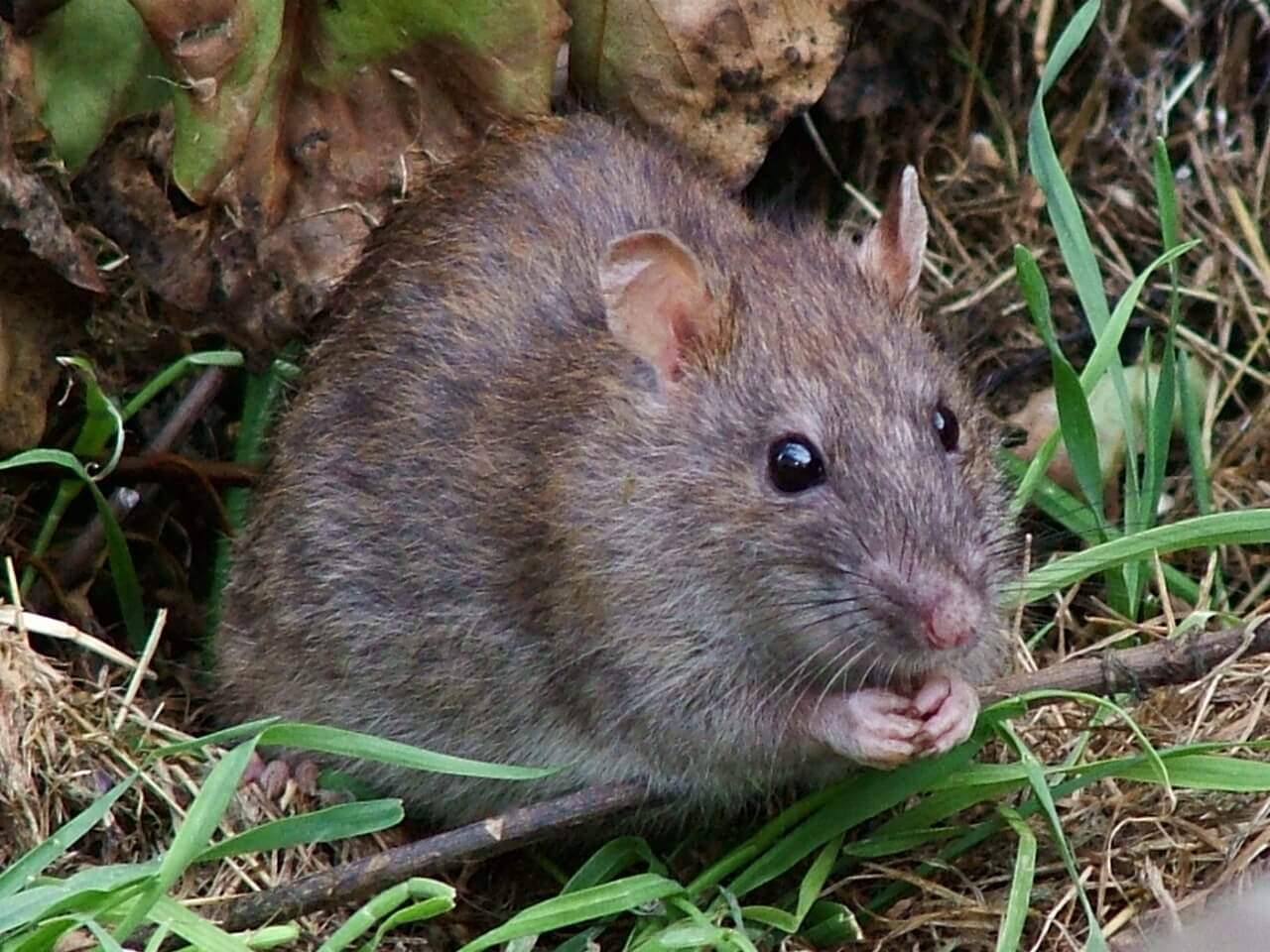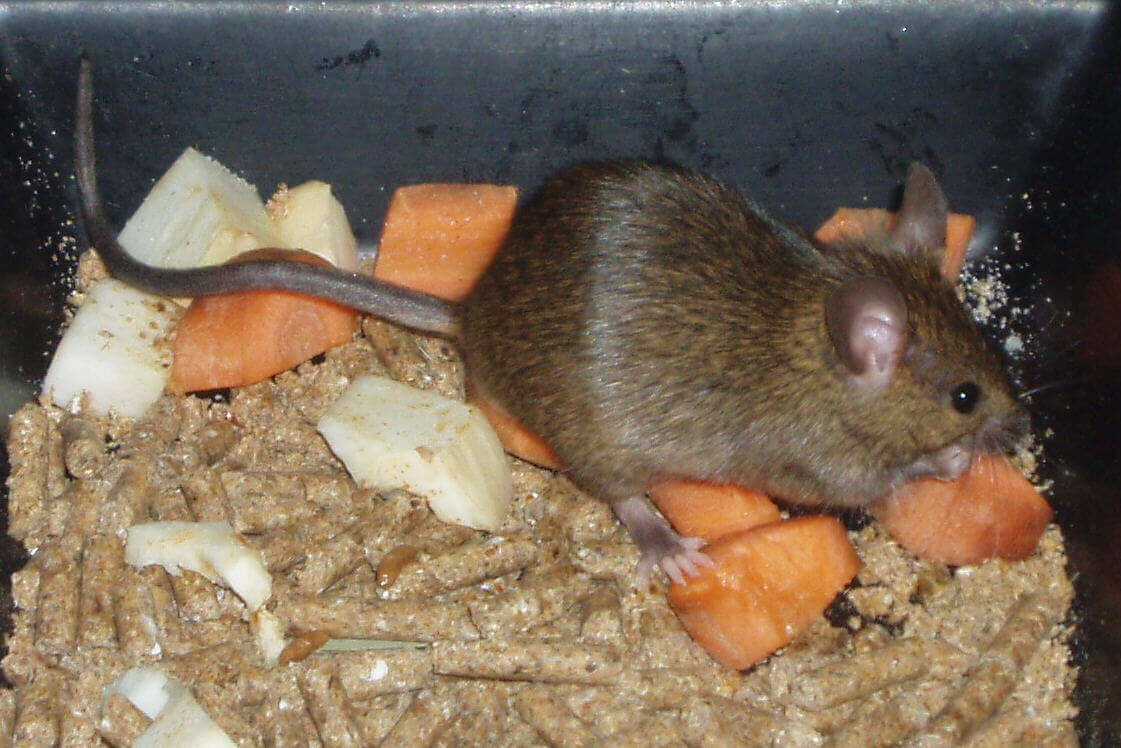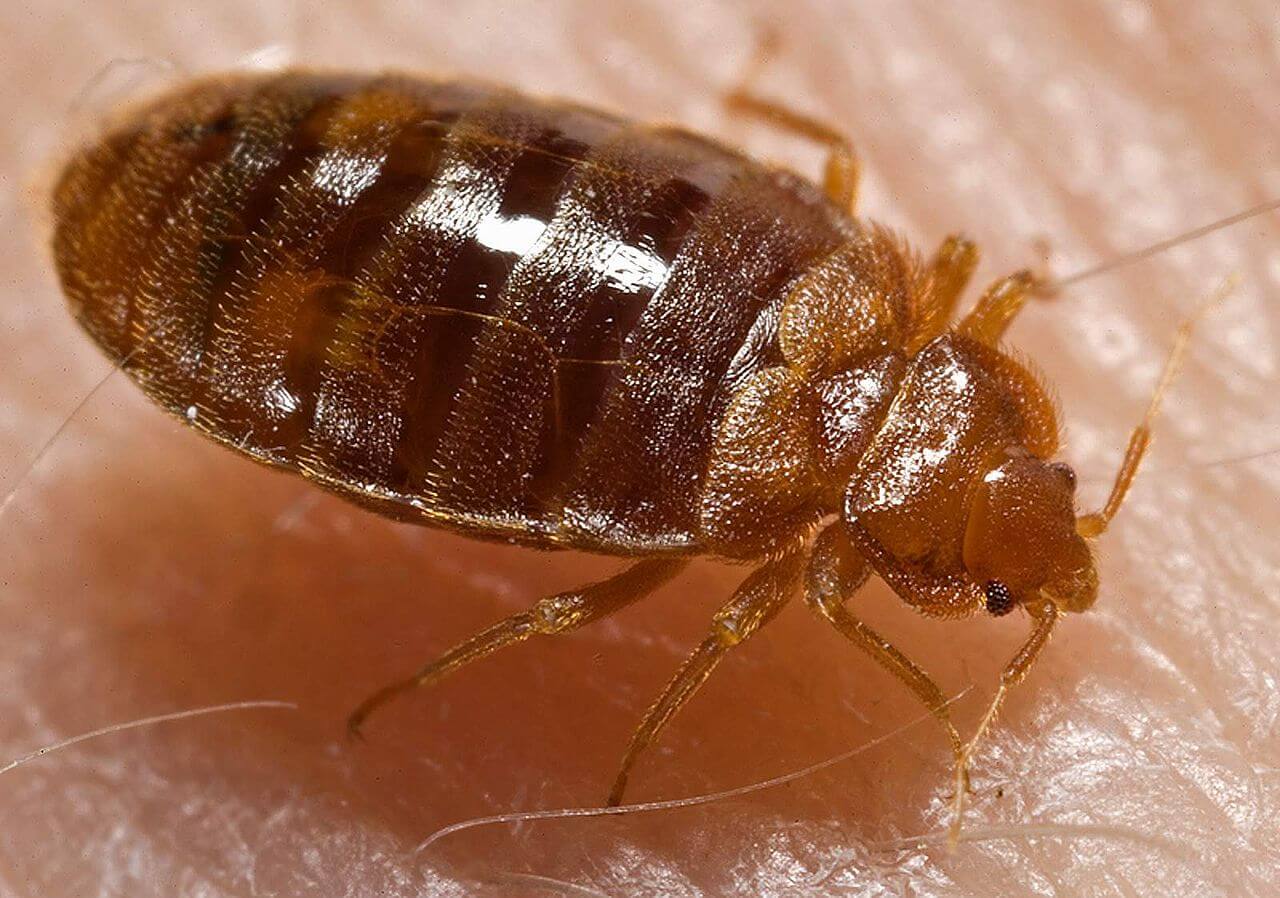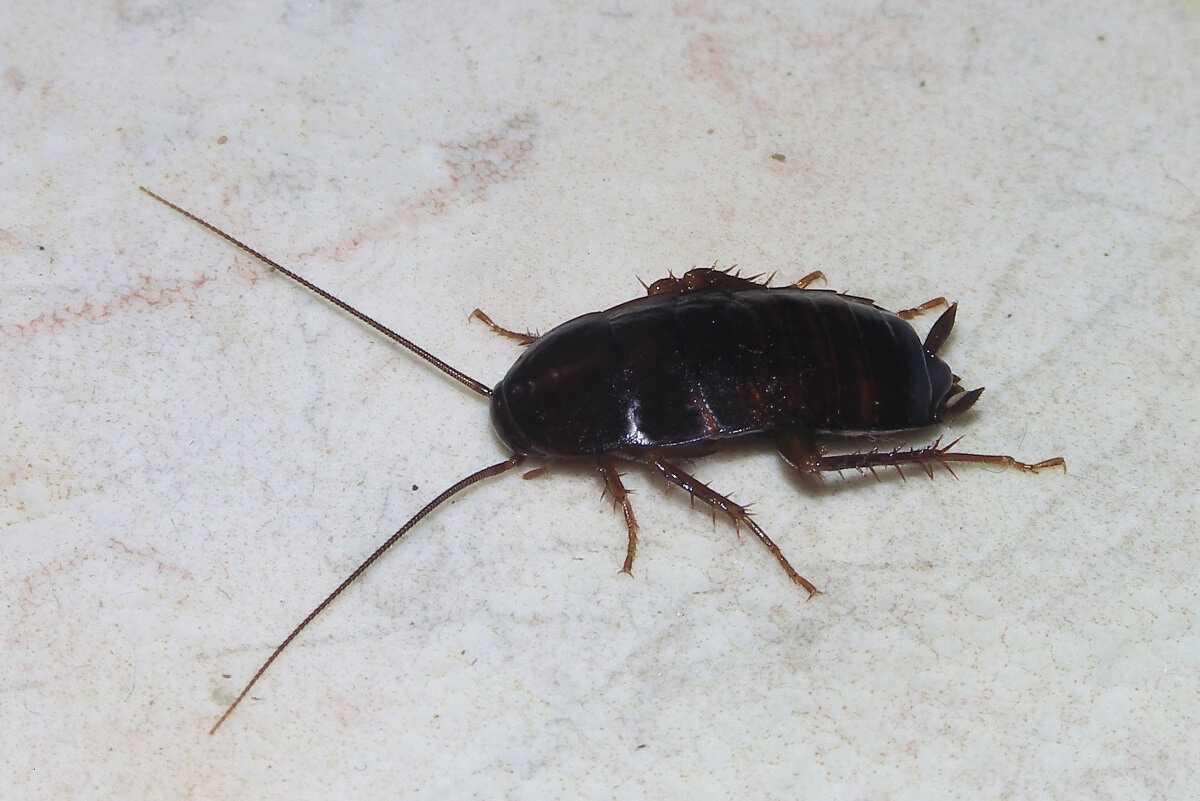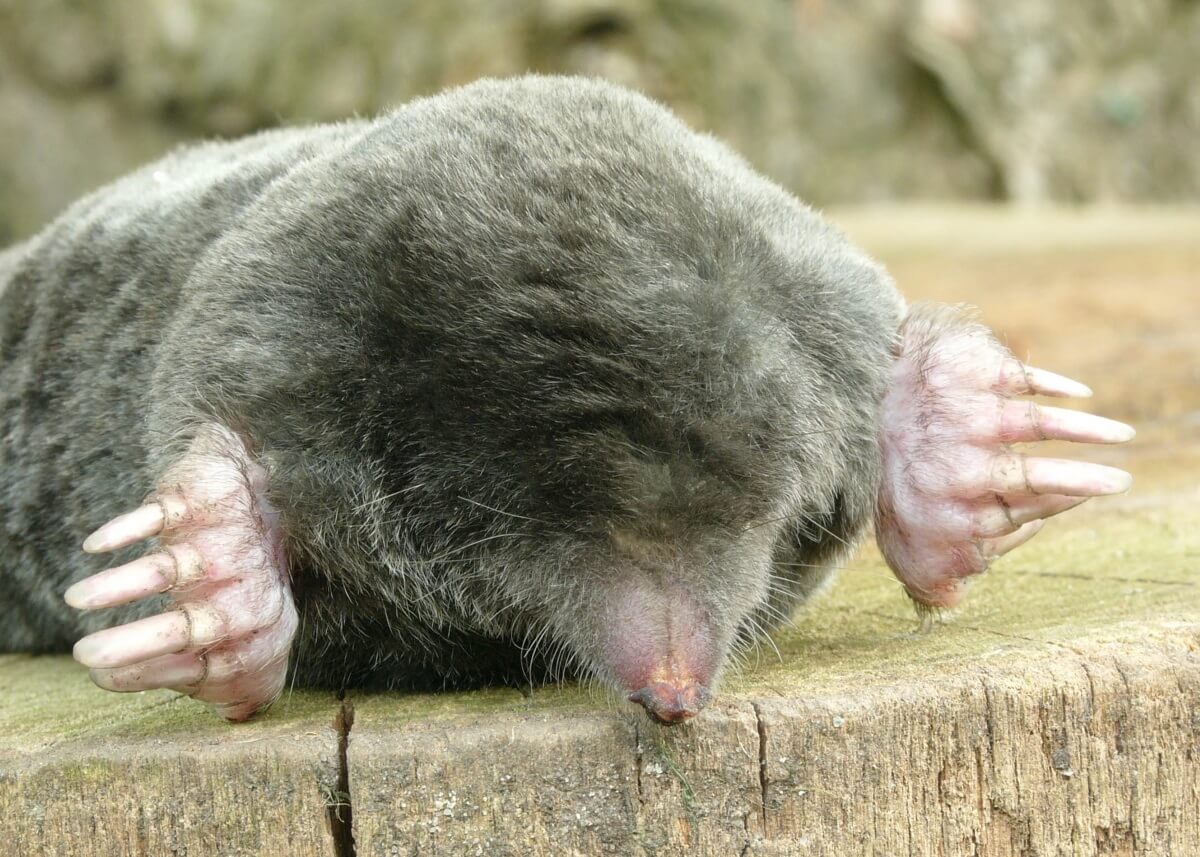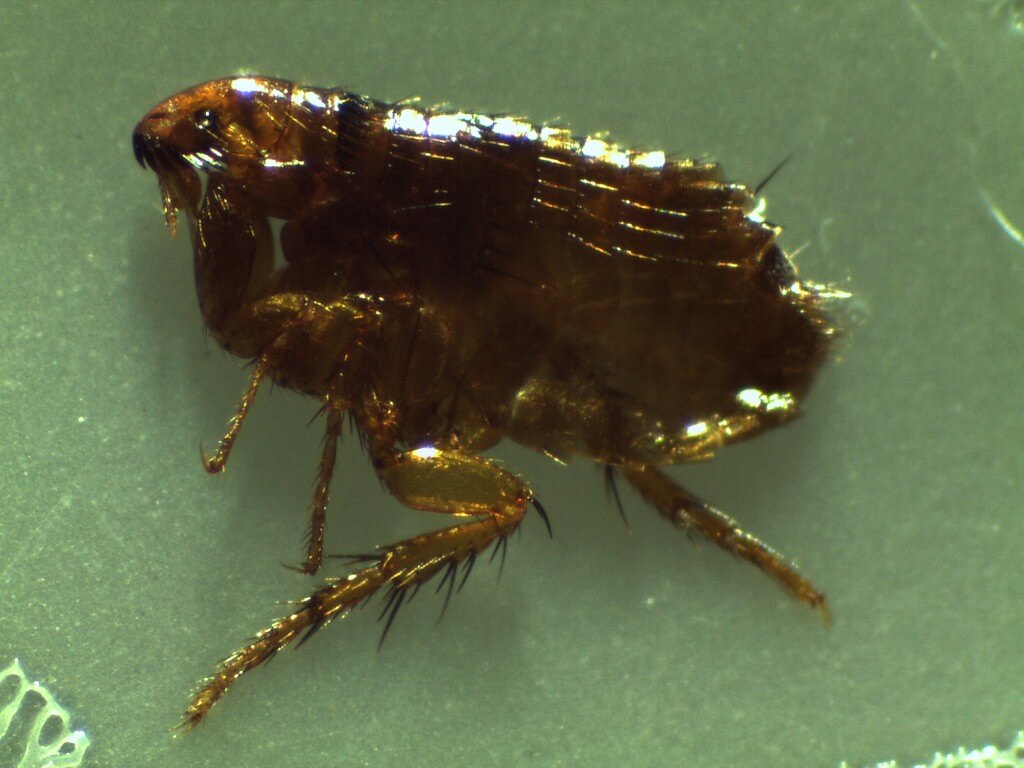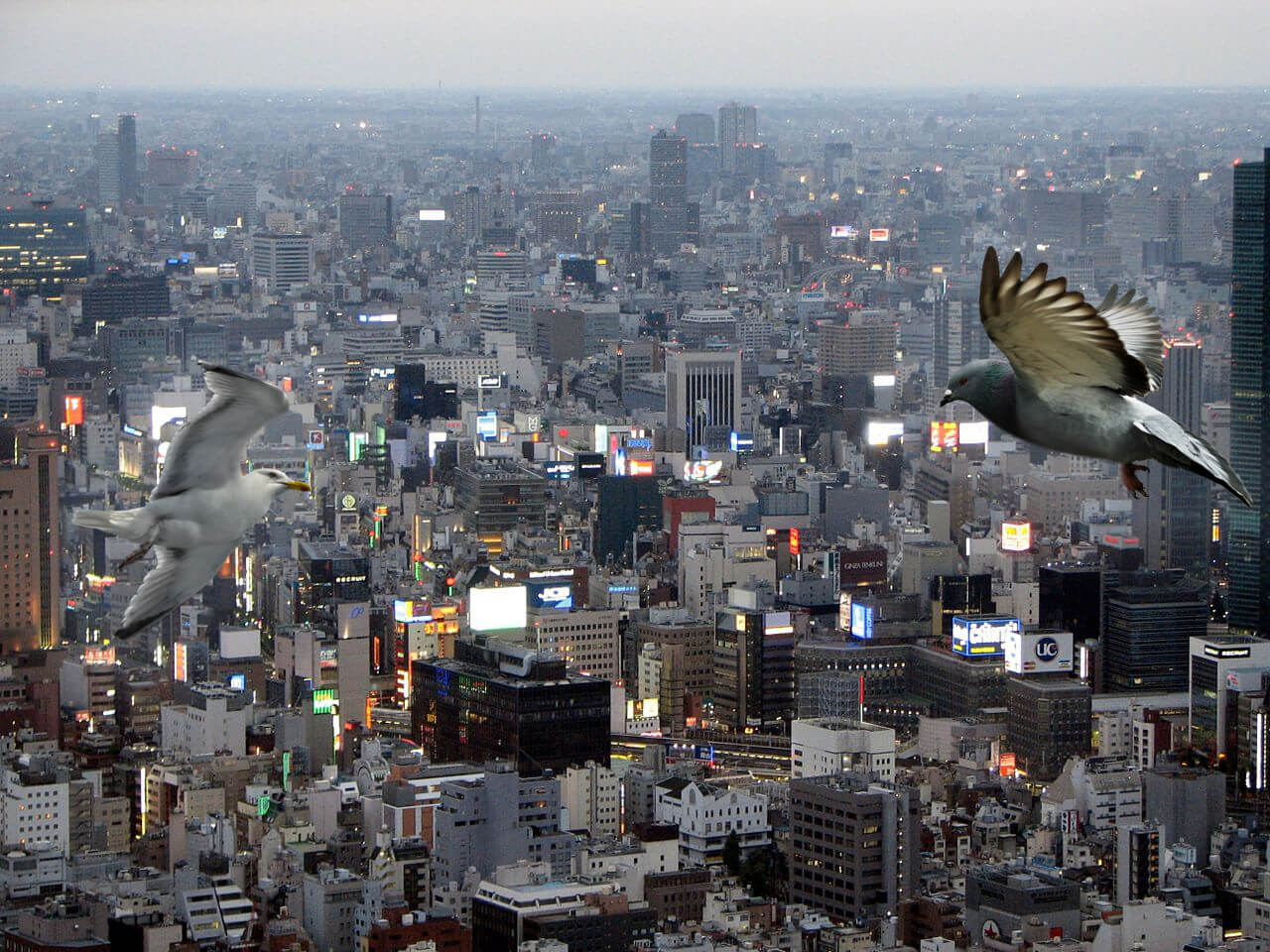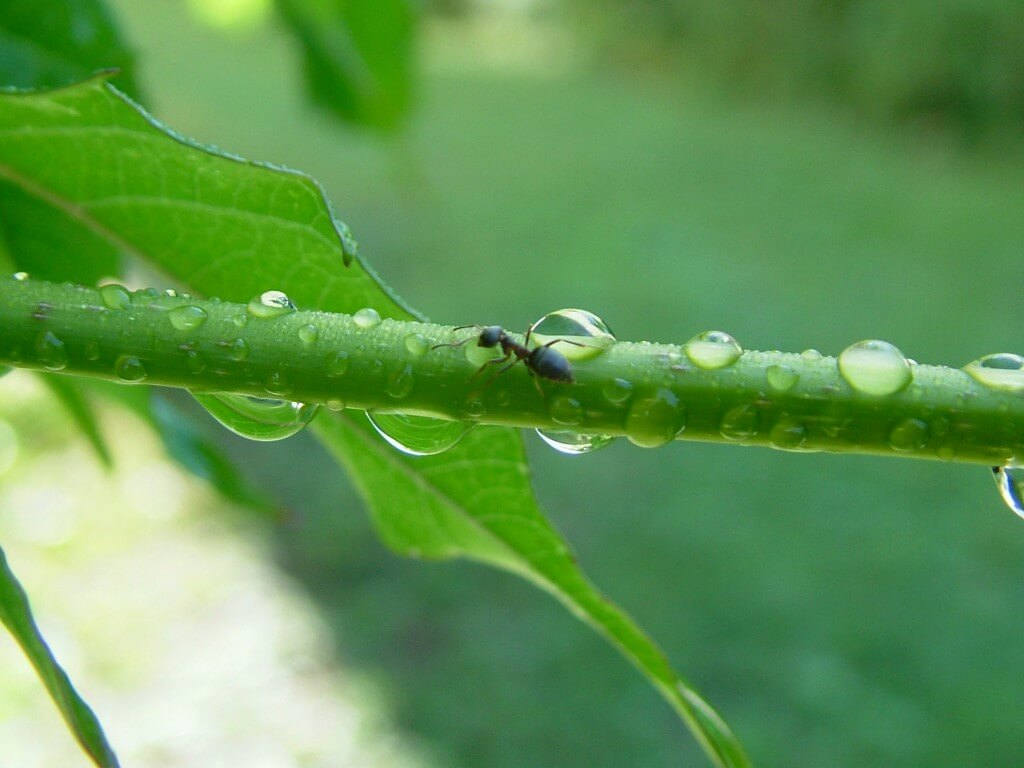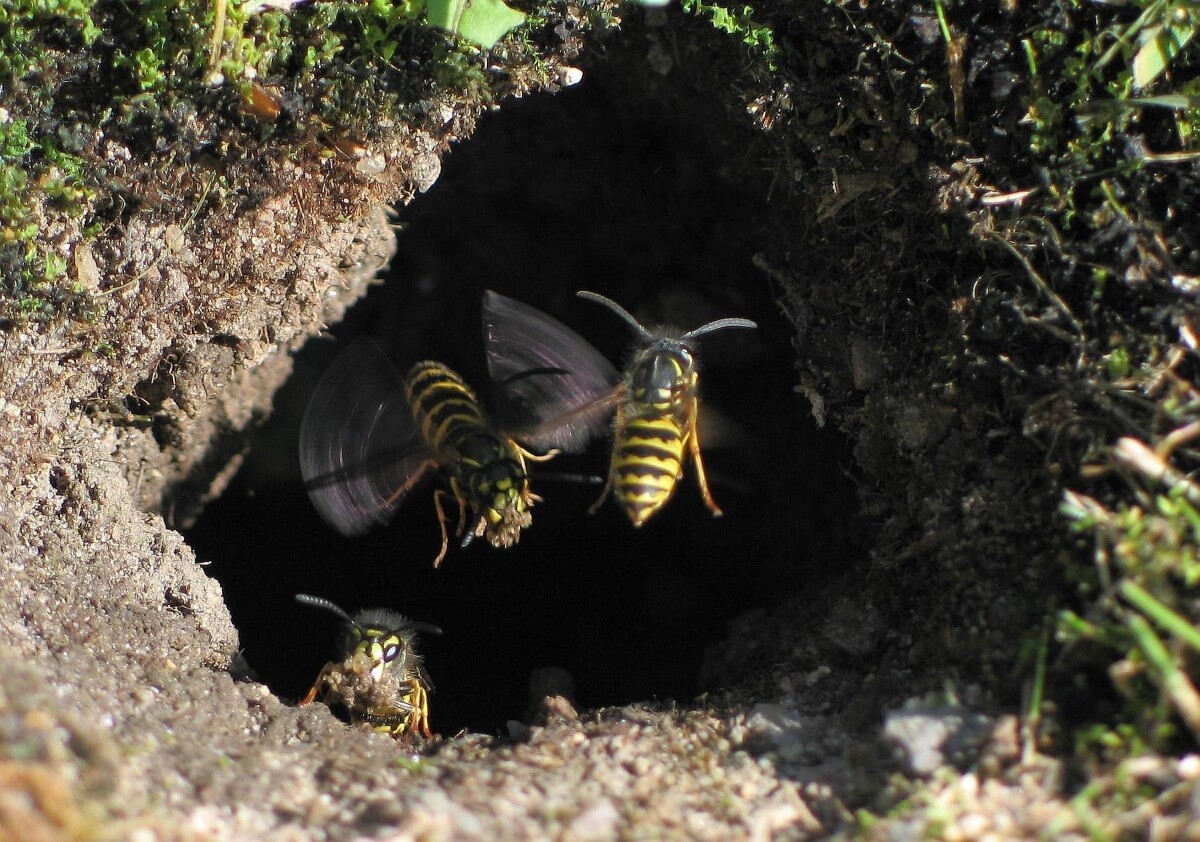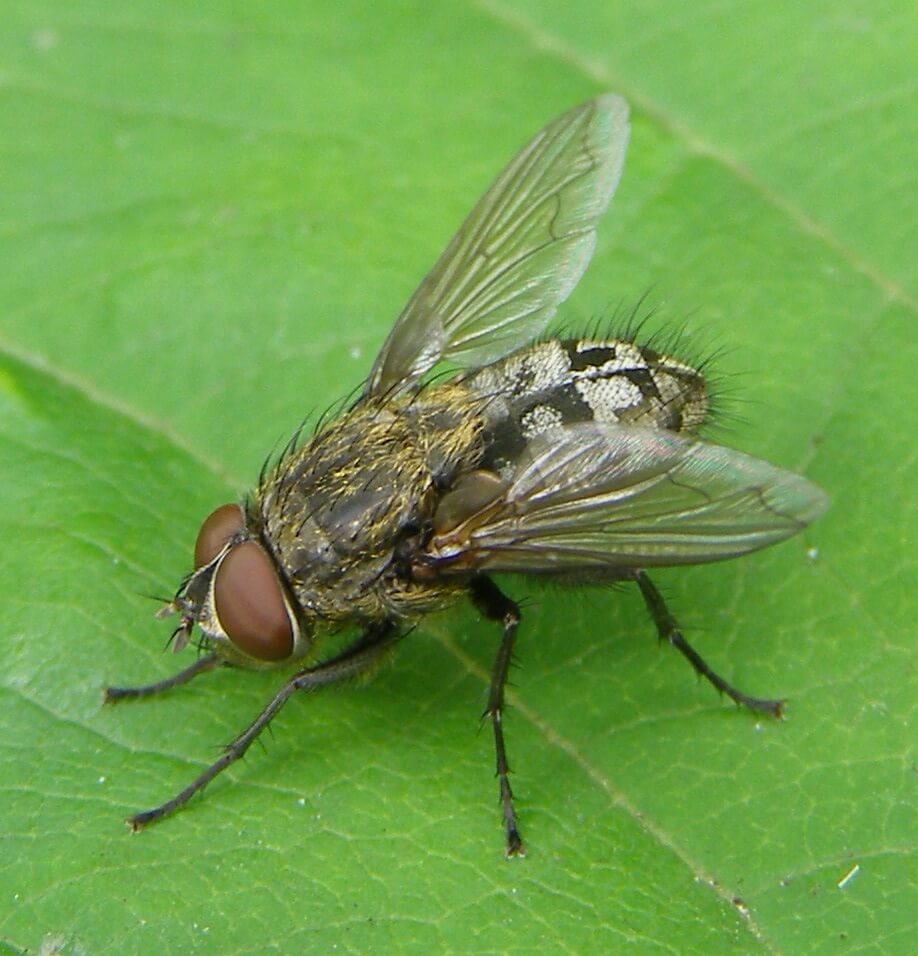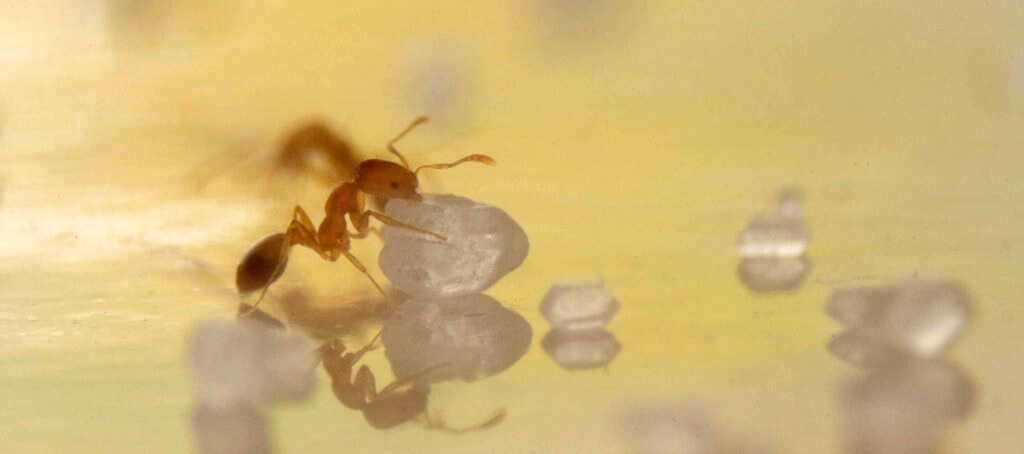Pharaoh Ant Pest Bio
Monomorium pharaonis or Pharaoh ant is considered an indoor pest in Bristol and many places across the world. They can specifically cause problems in hospitals due to the spreading of bacteria. They live in multi colony groups, where many queen ants support the development of their survival. Often Pharaoh ant colonies will splinter off from one another, making them harder through regular pest controlling techniques. Despite the multi-colony infrastructure the various ant colonies live in harmony with one another.
The Pharaoh ant is very small at 2 millimetres in length and light yellow to reddish brown towards their darker abdomen. Pharoah worker ants have a stinger that only delivers pheromones instead of poison. The Pharaoh queen ant will lay hundreds of eggs during her lifetime in clutches of 5-12 eggs at a time, until around 400 have been laid. These hatch from between five days up to a week later. in just 38 to 45 days the egg is a fully functioning Pharaoh ant. The Pharaoh ant will reproduce all year round in heated buildings.
The queens in the Pharaoh ants nest will only live for up to 12 months, but as there are a number of queens per colony, they are quickly replaced. This development can encourage budding, which is the term given to the splintering of larger colonies into smaller Pharaoh ant colonies. The budding process is what makes these ant pests hard to remove, whether in the Bristol region or elsewhere. One colony can occupy a large block of flats or office block, which can push out most other insect pests, in just 6 months. Their small size allows them to impregnate even the most cautious hospital areas, spreading bacteria and knaw on silk, rubber goods and rayon. The nests also can be very small, making them hard to spot.
Pharaoh ants are normally in wall hollows, under floor boards and sometimes furniture, preferring bathrooms or anywhere near food supplies. To exterminate Pharaoh ants you can use food baits made from ground liver laced with boric acid. These food traps are eaten and returned to the colony where the nest is poisoned. this may need to be repeated a few times for the solution to take effect. If you use sprays or pesticide dust solutions then this can cause the ants to scatter, making them harder to exterminate.
| Pharaoh Ant Pest - Bio | |
| Pest Temperament | Non Aggressive |
| Pest Size | 2 mm (tiny) |
| Pest Egg to Adult | 45 days |
| Queen Lifespan | 8-12 months |
| Pest Habitat | Infest buildings, furniture, under floors, in walls |
| Pest Trait | Colonies splinter making extermination hard |
| Pest Removal | Bait & poison (a few times) |
| Pest Avoidance | Dont spray - this causes ants to scatter |

